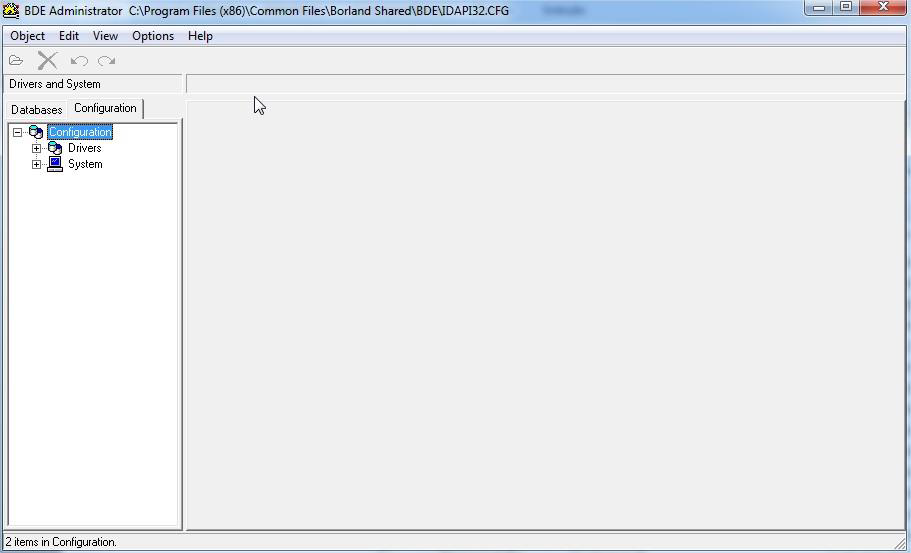

In the Options Dialogue box, select the "Directories" tab (Figure 2).From the Tools menu, select Options (Figure 1).(You need to make these directories if they don't already exist).Ĭopy cgiparser.h to C:\Program Files\Rude\include\rude\cgiparser.h Copy ALL. Note: Microsoft likes to move these configuration options to new menus and dialogs in each release of Visual C++, so you may need to look around a bit to find them in later versions.Īfter downloading the Visual Studio files, unzip them and move them to the following directories. >copy rudecgiparser-cb.lib C:\Program Files\Borland\CBuilder5\Lib Microsoft Visual Studio Version 6 Copy the borland CBuilder 5 library (rudecgiparser-cb.lib) to Borland's Lib Directory >copy rudecgiparser.lib C:\Program Files\Borland\CBuilder5\LibĤ. Copy the borland command line library (rudecgiparser.lib) to Borland's Lib Directory >copy cgiparser.h C:\Program Files\Borland\CBuilder5\Include\rudeģ. Copy the header file (cgiparser.h) to the directory created above >mkdir "C:\Program Files\Borland\CBuilder5\Include\rude"Ģ. If it doesn't already exist, create a public rude include directory under Borland's include directory In order to do this, you will need to find Borland's Include and Lib directory.ĭepending, of course, on where you installed Borland, the paths will look something like:Ĭ:\Program Files\Borland\CBuilder5\Includeġ. Otherwise, this installation puts the header file and library into public places so theyĪre easily accessed by all your programs. If you just want to dive in and use the component, see the Quick-n-Dirty section here. >cp rudeconfig.lib /usr/lib/rudecgiparser.libīorland CBuilder 5.x (CBuilder and command line) Installation

>cp rudecgiparser.so.2.1 /usr/lib/rudecgiparser.so.2.1 >chmod 644 /usr/lib/rudecgiparser.so.2.1 >ln -s /usr/lib/rudecgiparser.so.2.1 /usr/lib/rudecgiparser.so Copy the libraries to the /usr/lib directory >cp cgiparser.h /usr/include/rude/cgiparser.hĥ. Copy the header file (config.h) to the /usr/include/rude directory. If it doesn't already exist, create public rude lib and include directories under /usr/include and /usr/lib If you don't, see the Quick-n-Dirty section here.ġ. NOTE: You may need to have super user priveleges (eg.

If your directories are different, you will need to substitute your correct paths in the instructions given below. Please note: We have assumed /usr/lib and /usr/include for these instructions.

The public areas are usually /usr/include and /usr/lib OR /usr/local/include and /usr/local/lib. This installation puts the header files and libraries into public places so they are easily accessed by all your programs.


 0 kommentar(er)
0 kommentar(er)
